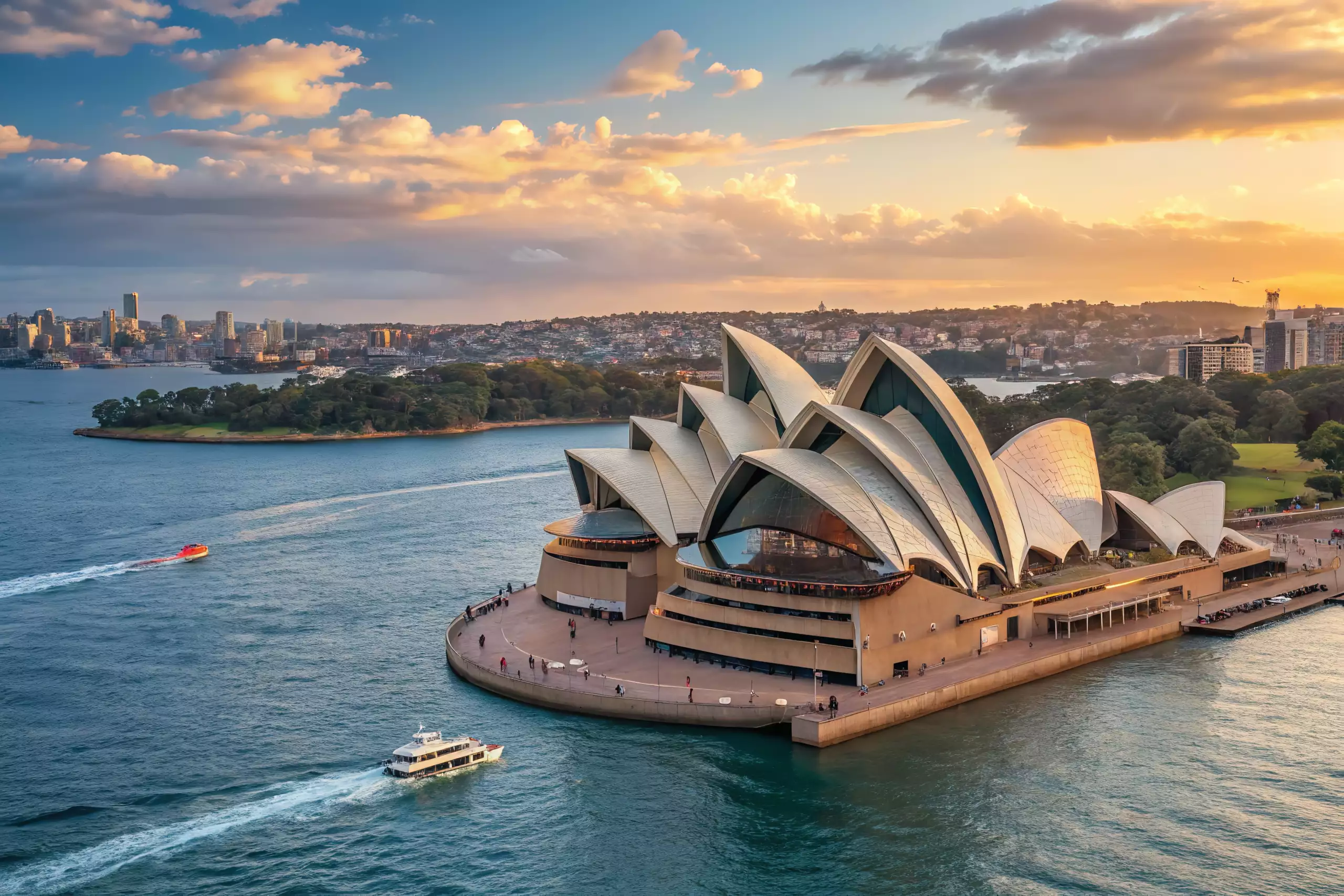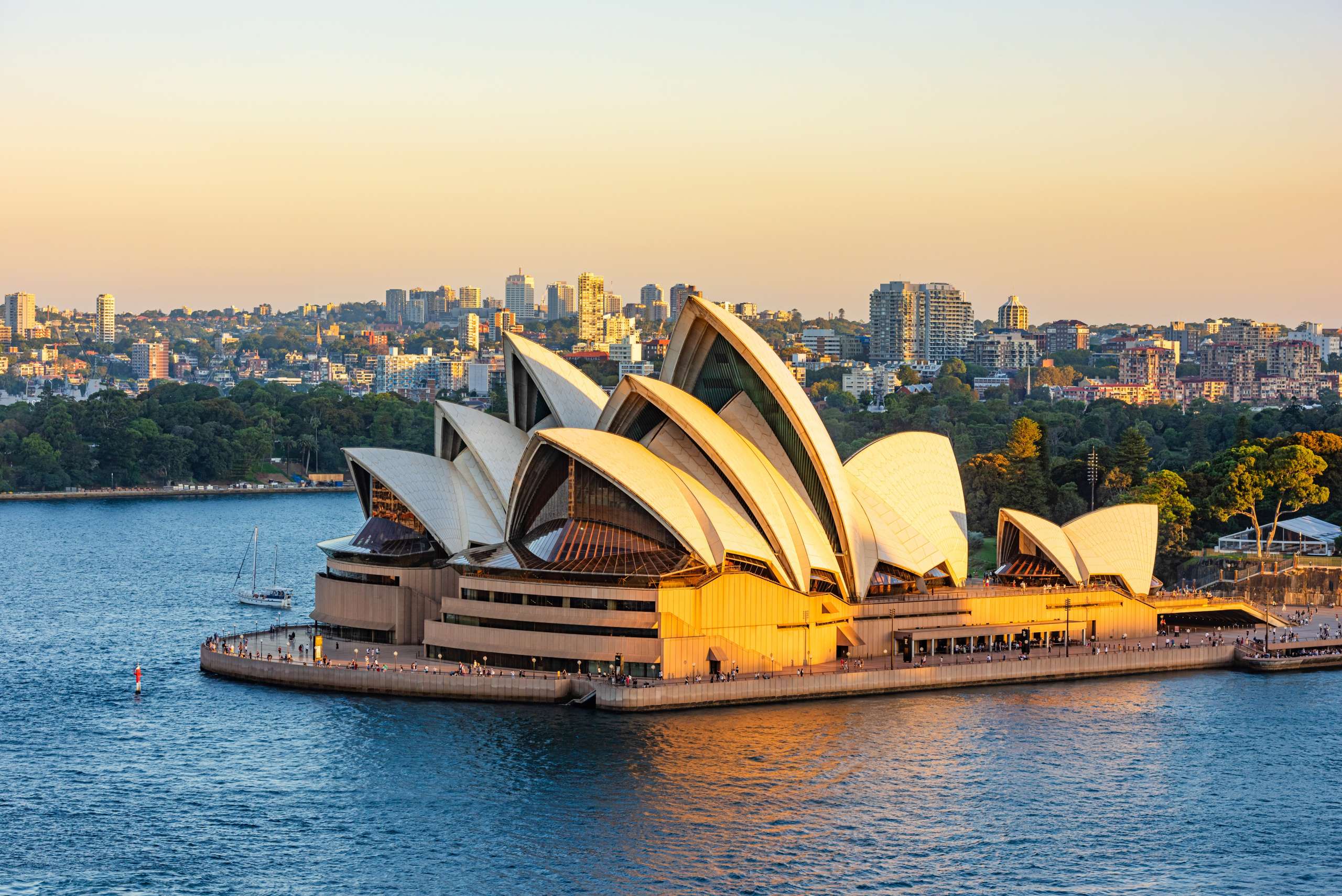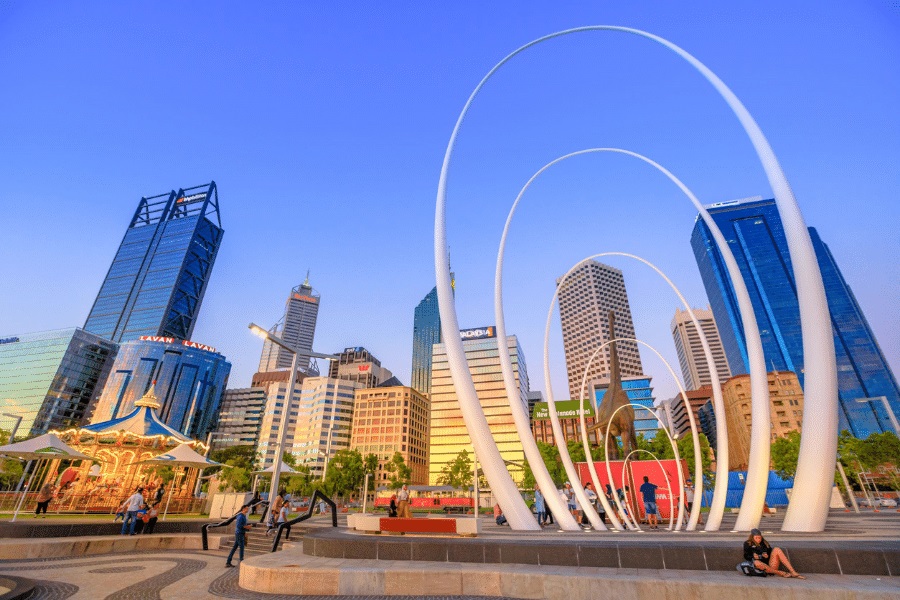The mortgage calculator is intended for reference only. Actual amount may vary.
Monthly Payment
Send me the mortgage calculator result
New Launches
Latest Listings

Yarrabend
55 Parkview Rd, Alphington VIC 3078, Australia
Starting from $ 645,000
Listed on May 13, 2024

The Fields Townhouses
100 Oriel Rd, Cnr, Perkins Ave, Bellfield VIC 3081, Australia
Starting from $ 888,000
Listed on May 13, 2024

Riva, Como
202-204 Melville Parade, 6152
Starting from $ 511,000
Listed on February 19, 2024

Lancelin South
3 Arcus Closel, 6044 Lancelin
Starting from $ 149,000
Listed on December 12, 2023

Bloom Riverstone
3/4 Bligh St, Riverstone NSW 2765, Australia
Starting from $ 824,000
Listed on May 22, 2023

The Landmark Quarter - St Leonards Sydney
8 Marshall Ave, St Leonards NSW 2065, Australia
Starting from $ 860,000
Listed on May 22, 2023
Learn
Tips and Guides
 Australia’s Housing Market Maintains Momentum as Perth Leads Price Growth
Australia’s Housing Market Maintains Momentum as Perth Leads Price Growth
Written by Lily Chong, Head of IQI Australia Australia’s housing market posted another month of solid momentum, with Cotality’s national Home Value Index rising 1.0% in November. This marks the third consecutive month where home values have climbed by one per cent or more. Although the pace has eased slightly from October’s 1.1% rise, the overall trend remains positive, signalling resilient buyer demand in the face of broader economic uncertainty. Perth Leads the Nation Perth continues to outperform all other capitals, recording an impressive 2.4% rise in dwelling values for November. Extremely low levels of stock—sitting more than 40% below the long-term average—combined with elevated buyer activity have created strong upward pressure on prices. This monthly growth alone added over $21,000 to the median dwelling value, equating to around $5,000 per week. Once again, Perth highlights the growing divergence between mid-sized capitals and Australia’s larger, more supply-balanced markets. Mixed Results in Sydney & Melbourne Sydney and Melbourne delivered more modest results, rising 0.5% and 0.3% respectively. These softer gains reflect increased affordability constraints, with prices already sitting at historically high levels, limiting further upward movement. Sydney’s supply levels are only slightly below its five-year average, meaning the city does not face the same supply shortages driving stronger growth elsewhere. Importantly, Sydney’s monthly growth rate appears to have peaked back in August at 0.9%, suggesting the city may be entering a more stable phase. Affordability Pressures Continue to Build Housing affordability remains a key challenge nationally. Cotality’s latest metrics show the median dwelling value is now 8.2 times higher than the annual household income—its most stretched level on record. At the same time, mortgage serviceability has climbed to 45% of household income, making it increasingly difficult for new buyers to secure finance. Auction clearance rates have also softened since mid-September, drifting below the decade average by mid-November, particularly in Sydney and Melbourne where clearance rates have held in the low 60% range. Market Outlook Looking ahead, the combination of persistent inflation and expectations that interest rates will remain elevated for longer is likely to influence buyer sentiment. With affordability challenges deepening, fewer buyers may be able to borrow at the levels required to keep pace with rising prices. Recent trends also indicate that lower-priced segments of the market are seeing the strongest value growth across most capitals, as buyers adjust to tighter lending conditions. Melbourne is the key exception, where the middle of the market is currently experiencing the fastest uplift. For investors and homeowners alike, Perth’s property market presents exciting opportunities. Whether you’re considering selling, buying, or investing, now is the time to explore your options. Contact our team at sales@iqiwa.com.au to discuss your property goals today. Source: Cotality Research, December 2025 Discover more here:Download Now!
Continue Reading
 Strong Momentum Returns to Australia’s Housing Market
Strong Momentum Returns to Australia’s Housing Market
Written by Lily Chong, Head of IQI Australia Australia’s housing markets are gathering strong momentum as we head deeper into spring, with September delivering the sharpest monthly rise in national dwelling values since October 2023. The Cotality Home Value Index (HVI) lifted 0.8% over the month, driven by a solid 0.9% gain across the capital cities. On a quarterly basis, national dwelling values rose 2.2% in the September quarter—up from 1.5% in June and more than double the 1.1% growth in March. In dollar terms, this equates to an $18,215 increase in the median dwelling value over just three months. Growth remains broad-based, with every capital city and regional market recording gains over the month, quarter, and year. However, the pace of growth is again showing clear divergence: Perth (+4.0%) and Brisbane (+3.5%) led the capitals through the September quarter, supported by strong unit market demand. Darwin (+5.9%) surged ahead, marking the fastest quarterly growth rate of all capitals. Most cities are still seeing stronger gains in house values, though Brisbane, Perth and Hobart stand out with unit prices outpacing houses due to ongoing supply shortages. According to Cotality’s Research Director, Tim Lawless, supply constraints are driving much of this momentum: Darwin listings are 53% below average Perth listings are 45% below average Brisbane listings are 31% below average At the same time, quarterly sales activity is running above average, highlighting the mismatch between supply and demand. Across value segments, the lower and middle tiers are now leading the upswing. September quarter growth was strongest in the middle of the market (+2.7%), followed by the lower quartile (+2.6%), while the upper quartile rose 1.8%. This shift suggests that improved borrowing capacity is supporting buyers at slightly higher price points. Advertised stock levels remain tight, with capital city listings sitting 18% below the five-year average at the end of September. Meanwhile, sales activity was 7.3% above average, adding further fuel to the market. Selling conditions have strengthened noticeably, with auction clearance rates holding around 70% since mid-August—well above the average levels seen earlier in the year (63% in June and 62% in March). Source: Cotality Discover more country insights here!Download
Continue Reading
 Perth, Brisbane Lead Housing Boom as National Home Value Index Rises 4.1% Annually
Perth, Brisbane Lead Housing Boom as National Home Value Index Rises 4.1% Annually
written by Lily Chong, Head of IQI Australia Cotality’s national Home Value Index (HVI) rose 0.7% in August, marking the strongest monthly gain since May last year and lifting annual growth to 4.1%. The upswing has been building since the February rate cut, driven by improved borrowing capacity, rising buyer confidence, real wage growth, and limited advertised stock. “There’s a clear mismatch between supply and demand, which continues to push housing values higher,” said Tim Lawless, Cotality Australia’s research director. Key Highlights Strong vendor position: Auction clearance rates hit 70% in late August, the highest since February last year. Tight supply: Advertised stock levels remain about 20% below average, giving sellers an advantage despite a slight seasonal increase in new spring listings. Sustainable growth expected: While prices are rising, affordability constraints, cautious lending, and slower population growth are likely to keep growth more measured compared to the rapid surges seen during the pandemic. Perth Market PerformancePerth continues to be one of the strongest-performing capital cities, with housing values rising 1.1% in August, outpacing the national average. Alongside Brisbane (+1.2%) and Adelaide (+0.9%), Perth remains a frontrunner in monthly gains. Low advertised stock, strong buyer demand, and attractive affordability compared to other capitals are contributing to Perth’s sustained growth momentum. Perth Rental MarketPerth’s median dwelling rent stayed stable at $680 per week in August, 4.6% higher than last year. Houses: Up 2.2% over the month to $700 per week (7.7% YoY increase). Units: Stable at $650 per week, up 4.6% YoY. While rents remain elevated, experts note this is a seasonal trend as rental demand typically tightens towards the end of the year. However, there’s no broad surge in prices, with many landlords keeping new lease and renewal increases modest. Source by Cotality & Reiwa For more countries updateDownload Now!
Continue Reading
 Australia Extends Property Winning Streak with 6 Months of Growth
Australia Extends Property Winning Streak with 6 Months of Growth
Australia’s housing market continued its winning streak in July, recording a 0.6 per cent rise in national values and extending six straight months of growth. The upswing is being fuelled by low supply, improved buyer sentiment, and easing interest rates, although affordability remains a challenge. Darwin led the charge with a 2.2 per cent increase, while Perth saw its strongest gain since 2023 at 0.9 per cent. All capital cities recorded growth, with houses outperforming units and pushing the price gap to a record $223,000. Over the quarter, dwelling values climbed 1.8 per cent, the highest in more than a year. With listings nearly 20 per cent below average and auction clearance rates staying strong, tight supply continues to favour sellers. As demand holds firm, those who act strategically can still achieve premium results in a competitive market. Explore the full analysis and market updates from other countries here!Download
Continue Reading

































